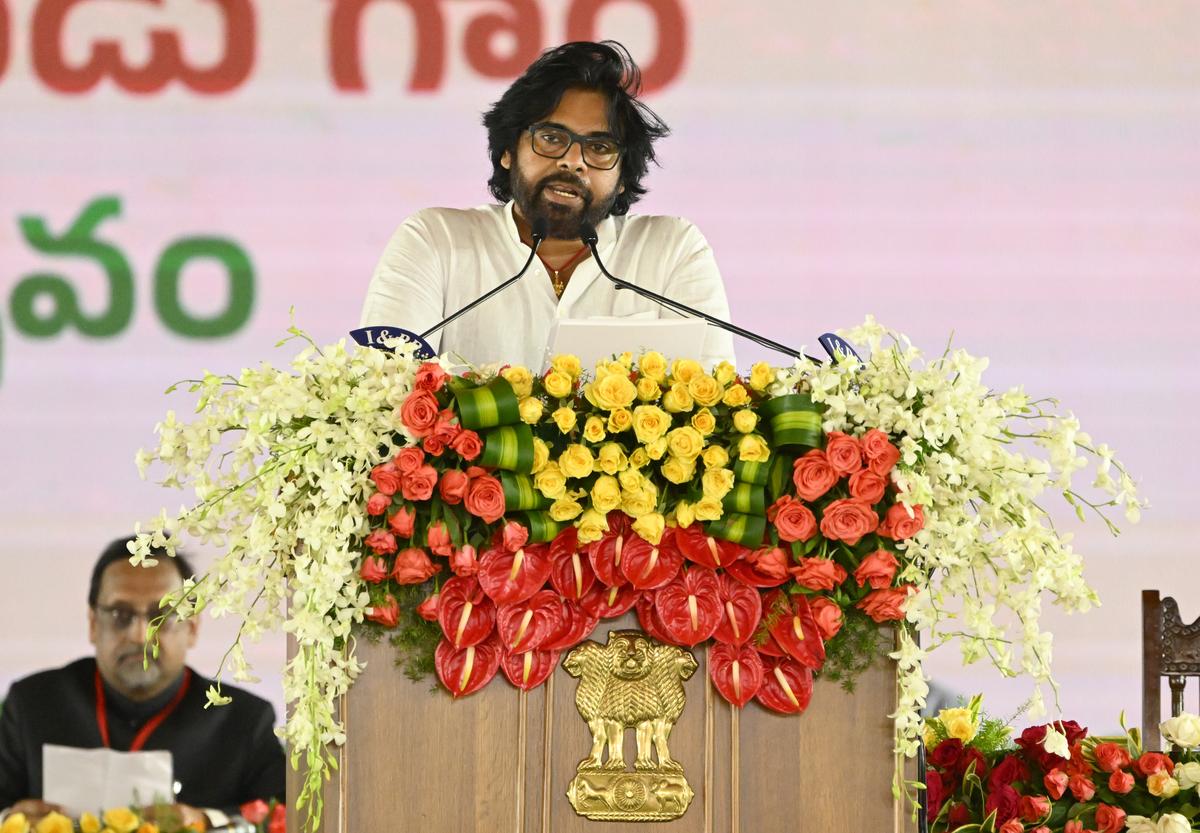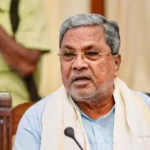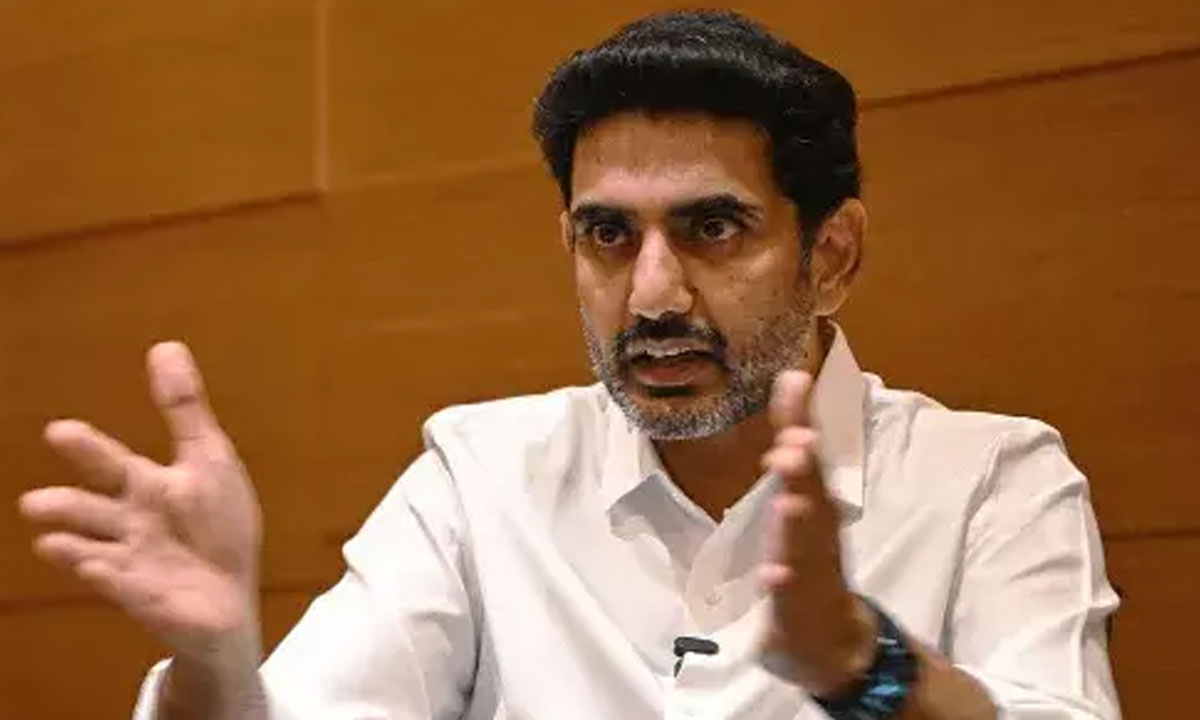The recent statement from Deputy Chief Minister, Pawan Kalyan, has sparked debates on the division of responsibilities and the accountability of ministers. Addressing his concerns over alleged police inaction and rising crime rates, Pawan Kalyan made a bold assertion: if forced to take on the Home Ministry, he would bring about drastic changes to ensure stricter law enforcement.
His words, however, hint at a deeper issue within Andhra
Pradesh’s political structure, an ambiguity around accountability and decision-making power within the cabinet itself. In his speech at the ZP High School in Gollaprolu, Kalyan questioned the efficacy of the current Home Ministry, placing responsibility on Home Minister Vangalapudi Anitha for overseeing law and order.
His frustration appeared two-fold: one, with the Home Ministry’s perceived inaction on crime, and two, with the constraints he faces in his own role as a Panchayati Raj and Environment and Forest Minister. While Pawan Kalyan’s stance advocates for stronger governance, the ensuing reaction raises an equally pressing question: can a Deputy CM dictate or demand a specific ministry?
In a parliamentary system, the Chief Minister holds the prerogative to appoint ministers and allocate portfolios, ideally reflecting each minister’s expertise and experience. Ministers, regardless of rank, generally accept their roles as defined by the CM, which helps avoid power struggles and allows the administration to work as a cohesive unit.
In this context, Pawan Kalyan’s statement raises a critical point of contention. Does a Deputy CM have the authority to override or influence the allocation of ministries? The answer is traditionally or otherwise a big “NO.”
His comments, therefore, reveal a sense of frustration not just
with his portfolio, but potentially with the decision-making process itself. Pawan Kalyan’s rhetoric suggests a strong desire to enforce a stricter criminal justice approach, likening his proposed actions to the tough stance on crime seen in Uttar Pradesh under Chief Minister Yogi Adityanath.
While his intentions may resonate with citizens tired of ineffective policing, Pawan Kalyan’s implicit suggestion that he would be more effective as Home Minister brings into question whether his demand is grounded in a sense of public duty or a bid for greater control within the government.
The counter-statement in social media, “Baki Sab Bakwas!!”-captured the underlying sentiment of this debate: that such remarks disregard the structure and procedural integrity of democratic governance. Here, “Baki Sab Bakwas” dismisses Pawan Kalyan’s stance as mere rhetoric, suggesting that the allocation of ministries should remain solely within the CM’s authority and should not be subject to internal ministerial
bargaining.










